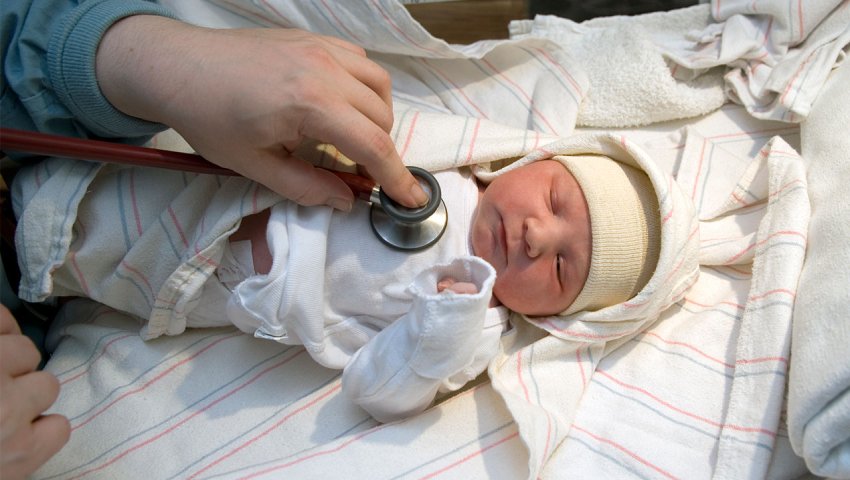
- 30/05/2025
- Goodfaith Healthcare
- 0 Comments
- Blogs
Your Newborn May Look Healthy—But Some Conditions Are Hidden
Welcoming a new baby is a joyful moment, and as a parent, your top priority is their health. One of the most important steps you can take is ensuring your baby undergoes newborn screening tests—simple, quick procedures that can detect rare but serious health conditions early.
What Is Newborn Screening?
Newborn screening is typically done when your baby is 1–2 days old. It checks for conditions that may not show any symptoms at birth but can affect your child’s growth, brain development, and overall well-being later. These tests are painless, quick, and life-saving.
Key Newborn Screening Tests:
- Blood Test (Heel Prick): A few drops of blood are taken from your baby’s heel. This test screens for over 30 conditions like phenylketonuria (PKU), sickle cell disease, and congenital hypothyroidism. It’s best done after 24 hours of birth, ideally before hospital discharge.
- Hearing Screening: Tiny earphones and soft sounds are used to check your baby’s response to sound. This safe test, often done while the baby sleeps, helps detect early hearing issues that could affect speech and learning.
- Heart Screening (Pulse Oximetry): A small sensor placed on your baby’s skin measures oxygen levels in the blood. This test helps identify critical congenital heart disease (CCHD) early, allowing for timely treatment.
Why Early Detection Matters?
Most conditions detected through newborn screening are treatable if found early. Treatment may include special diets, medication, or hormone therapy. With timely care, your baby can avoid complications and lead a healthy, normal life.
What If the Results Aren't Normal?
Don’t panic. An abnormal result does not necessarily mean your baby is ill—it simply means more testing is needed to confirm a diagnosis. If a condition is confirmed, Dr. Anuja Pakhare, a trusted Pediatrician and Neonatologist in Hinjewadi, will guide you through the next steps and refer you to the appropriate specialists, if required. Early diagnosis and prompt care make all the difference.
Conclusion:
Newborn screening tests might seem overwhelming at first, but they are your baby’s first step toward a healthy life. These tests are safe, quick, and designed to detect conditions before symptoms appear, giving your child the best chance at early treatment and normal development.
If results aren’t normal, remember—this doesn’t confirm illness. It simply means that more checks are required. With personalised care from experts like Dr. Anuja Pakhare in Hinjewadi, you’ll have the guidance and support you need at every step.
As a parent, you’re already doing your best. Trust the process, stay informed, and never hesitate to ask questions. Newborn screening is not just a test—it’s a promise of protection and preparedness for your little one’s future.
